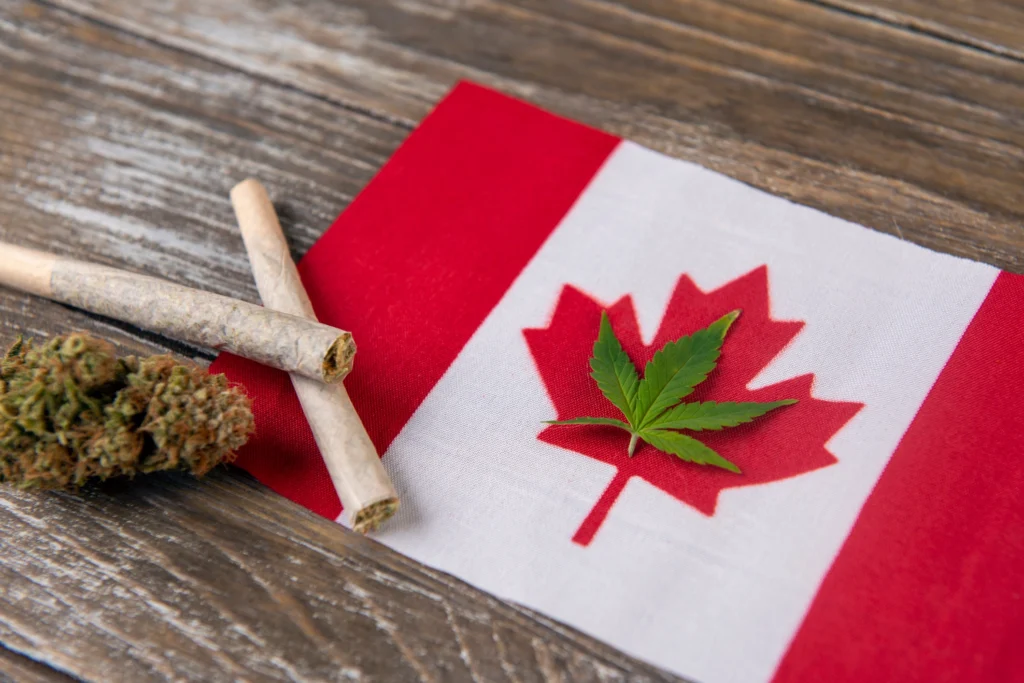A Canadian Senate committee report has declared support for First Nations being given the authority to regulate their own programs in regards to producing and selling marijuana.

The Senate Committee on Indigenous Peoples have released a report that found evidence of First Nations being blocked from participating in the nation’s legal marijuana industry. It urges the Minister of Health to introduce legislation “to amend the Cannabis Act to allow First Nations to regulate the possession, sale and distribution of cannabis on their lands.”
“First Nations missed out on significant economic opportunities, which are no longer available now that the cannabis market is largely saturated”, states the report. “[T]his exclusion continues today in fisheries, forestry and the cannabis market”. The committee also found that First Nations were not included in Canada’s excise tax-sharing framework, and thus “an excise tax-sharing framework for First Nations should be developed to share revenues more broadly”.
The report lists 13 specific recommendations it’s urging the federal government to consider.
The report urges the government to give adequate funding to Indigenous communities designed to help with policing and enforcing Indigenous marijuana bylaws.
An analysis by MJBizDaily on the outcomes of the Cannabis Act and its regulations found that less than 1% of federal licenses were held by businesses in First Nations. To remediate that, the committee urged the federal government to review marijuana licensing schemes “to increase the numbers of Indigenous businesses to be licensed as cannabis producers.”
A spokesperson for Health Canada told MJBizDaily “As part of this commitment, the department has taken targeted actions to assist interested Indigenous communities with their participation in the cannabis industry, including the establishment of an Indigenous Navigator Service”.
Other recommendations from the report include:
- The government-appointed panel currently reviewing the Cannabis Act engage in meaningful dialogue with Indigenous People and propose solutions to problems raised related to legal jurisdiction, policing, equity and inclusion in the industry as well as mental health and substance abuse.
- The Minister of Health introduce legislation to amend the Cannabis Act to allow First Nations to regulate the possession, sale and distribution of cannabis on their lands.
- The Canadian government convene a meeting with First Nations as well as federal, provincial and territorial governments to solve jurisdictional challenges “to enable First Nations to exercise their rightful place in the cannabis marketplace.”
- The Canadian government establish legislative mechanisms for the enforcement of bylaws and other laws related to cannabis by “all” police services and to ensure that related offences can be investigated and prosecuted effectively.
- The Canadian government ensure that adequate funding is available to Indigenous communities for the policing and enforcement of bylaws related to cannabis.
- The Royal Canadian Mounted Police – Canada’s national police force – provide dedicated space for First Nations police services to undertake Drug Recognition Expert Training and that Public Safety Canada provide additional funding to First Nations policing.
- Government agency Finance Canada work with First Nations to identify options for the development of an excise tax-sharing framework.
- Finance Canada and Indigenous Services Canada, a government department, work with Indigenous communities to establish a First Nations-led agency to support their participation in the cannabis industry.
- Health Canada and the Canada Revenue Agency work with Indigenous Peoples and communities to undertake a review of their application processes for all cannabis-related licenses and report the findings by December 2023.
- Indigenous Services Canada cover the cost of cannabis for medical purposes under the Non-Insured Health Benefits Program.
- The Canadian government work with cannabis producers to ensure the product is available for medical coverage under Indigenous Services Canada’s Non-Insured Health Benefits.
- Health Canada and Indigenous Services Canada work with Indigenous communities to establish and fund a research strategy on cannabis and its effects on Indigenous Peoples.
- Health Canada and Indigenous Services Canada provide funding for the development and update of Indigenous-led public health information on cannabis.







